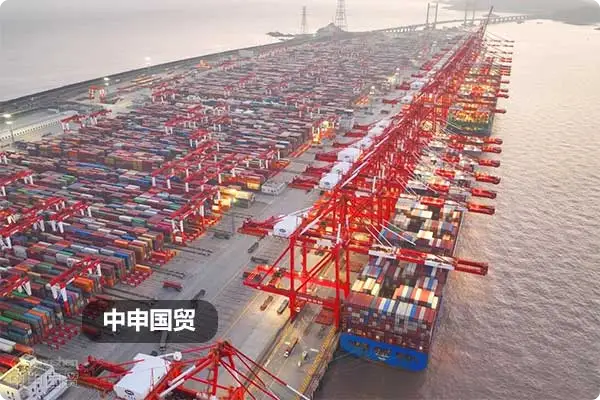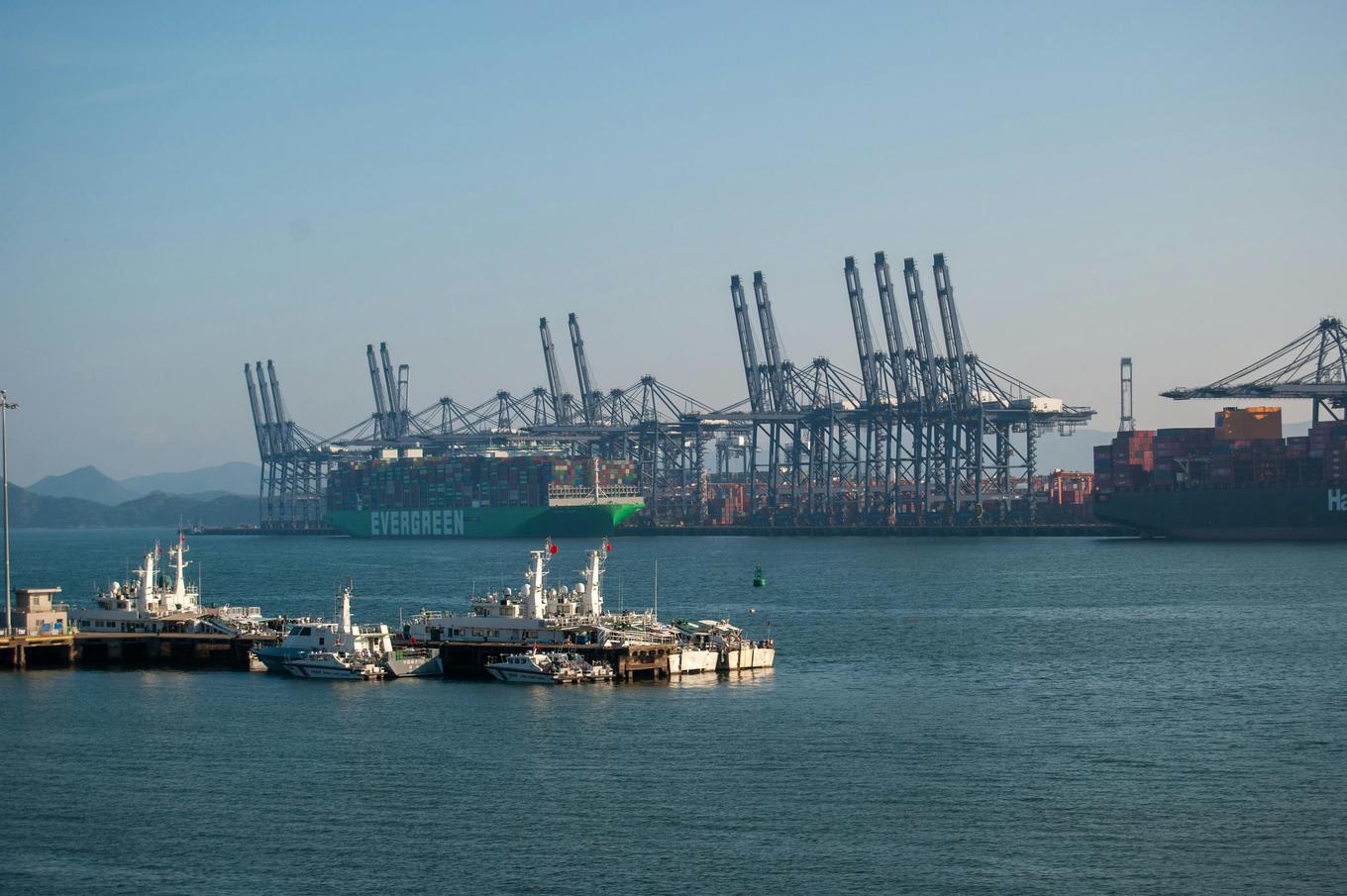- Shanghai Zhongshen International Trade Co., Ltd. - Two decades of trade agency expertise.
- Service Hotline: 139 1787 2118

TestingEquipment ImportsNew market trends
The global laboratory equipment market size is projected to exceed $68 billion in 2025, with sustained growth in import demand for precision testing equipment such as spectrometers and mass spectrometers. However, customs data shows that approximately 35% of testing equipment face detention during first declaration due to technical parameter recognition deviations, while 17% of cases involve certification document銜接 failures.
Key control points in customs clearance process
Technical parameter precise declaration system:
- Multi-dimensional parameter verification mechanism
- Working voltage/frequency adaptability (must comply with GB 4793.1 standard)
- Testing accuracy grade labeling (retain three significant decimal places)
- Compatibility statement for配套耗材
- Application of dynamic classification database
- 90-series HS code cross-verification
- Mapping relationship between EU CE and FDA certifications
Quality certification銜接 practices
A case from a third-party testing institution showed that its imported ICP-MS equipment caused 28 working days of customs clearance delay due to failure to simultaneously submit CNAS calibration certificate copies. It is recommended to采取Dual-track management of certification documents:
- Technical documents
- Original factory calibration report (with NIST traceable identification)
- Software copyright registration certificate
- Administrative documents
- Medical EquipmentRegistration Certificate (if applicable)
- Environmental assessment commitment letter
Agency service provider selection criteria
Three capability matrices of premium agents:
- Risk Anticipation Capability
- Customs clearance success rate for similar equipment in the past three years ≥95%
- Establish dynamic classification dispute database
- Technical analysis capability
- Equipped with professional electromechanical engineering team
- Hold AEO Advanced Certification qualification
- Emergency handling capacity
- 48-hour abnormal response mechanism
- Localized inspection assistance network
Cost control optimization plan
Through case analysis of a gene sequencer import, reasonable contract clause splitting can reduce comprehensive costs by 6.8%:
- Selection strategy between FOB (Free On Board) and CIF (Cost, Insurance and Freight)
- Software licensing fees separately listed
- Deferred payment for technical training fees
Industry compliance development outlook
According to the draft amendment of theimport and exportCommodity Inspection Law to be implemented in 2025, precision testing equipment will be included inKey quality traceability catalog. It is recommended that import enterprises establish in advance:
- Full lifecycle traceability archives
- Cloud synchronization system for calibration data
- Key component replacement filing mechanism
Related Recommendations
? 2025. All Rights Reserved. Shanghai ICP No. 2023007705-2  PSB Record: Shanghai No.31011502009912
PSB Record: Shanghai No.31011502009912










